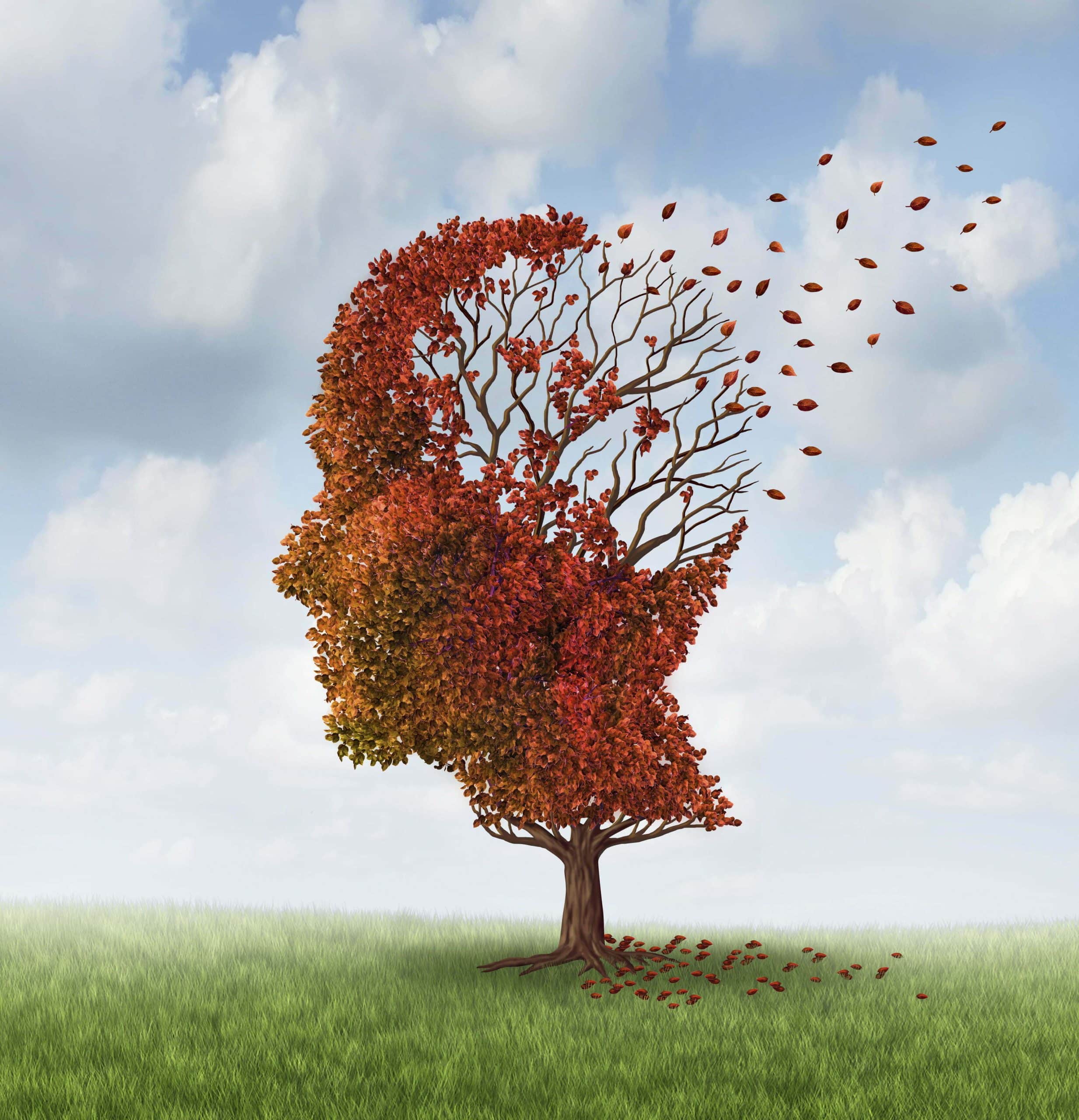 Disabling a part of brain cells that acts as a tap to regulate the flow of proteins has been shown to cause neurodegeneration, a new study has found.
Disabling a part of brain cells that acts as a tap to regulate the flow of proteins has been shown to cause neurodegeneration, a new study has found.
The research, which was carried out in mice, focused on the Golgi apparatus — a compartment inside all cells in the body that controls the processing and transport of proteins. It is fundamental for the growth of the cell membrane and also for the release of many types of proteins such as hormones, neurotransmitters and the proteins that make up our skeletons.
The study was published in the Proceedings of the National Academy of Sciences.
Although the function of the Golgi apparatus, named after its Italian discoverer, is well understood, it has not been previously been shown to have a role in neurodegeneration. With these results the scientists think they may have found a new avenue to explore in the search for the causes of some neurodegenerative diseases.
How much the Golgi apparatus contributes to the major neurodegenerative diseases such as Alzheimer’s or Parkinson’s is something that is currently unclear, though other studies have made this link.
Paper: “Loss of the golgin GM130 causes Golgi disruption, Purkinje neuron loss, and ataxia in mice”
Reprinted from materials provided by University of Manchester.
